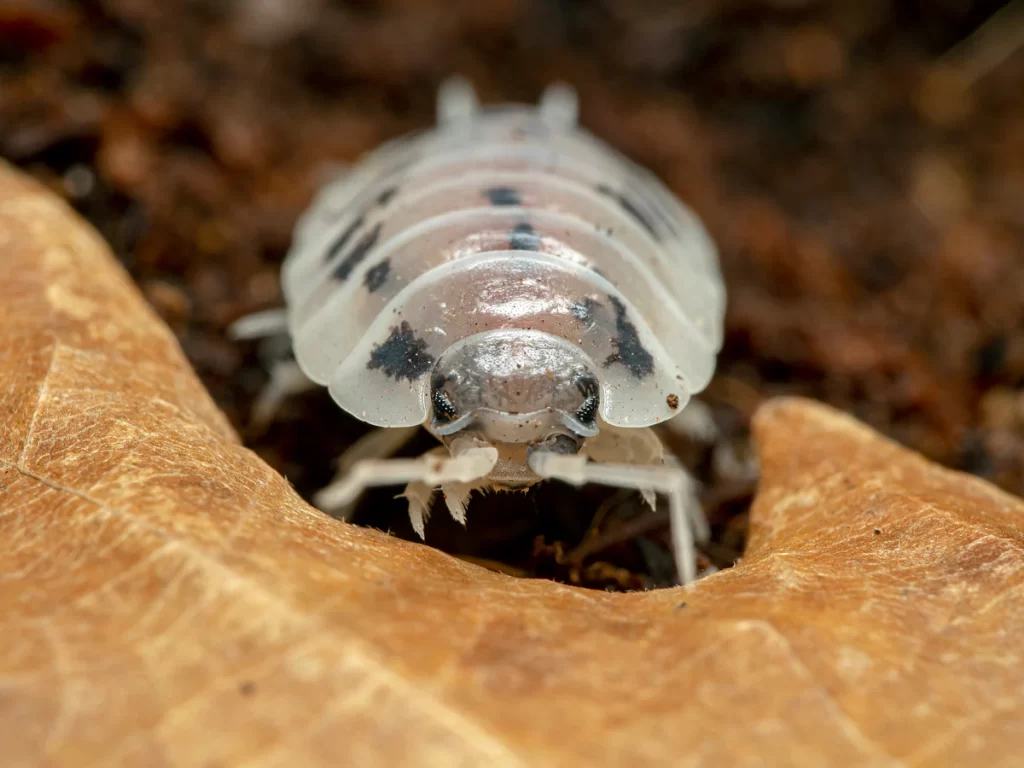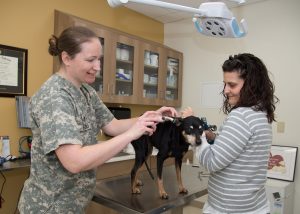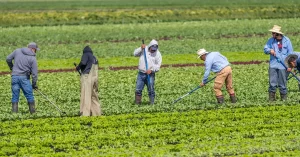How Dairy Cow Isopods Enhance Bioactive Environments

The role of microorganisms and small animals in enhancing bioactive environments has gained significant attention. One such fascinating species is the dairy cow isopod, a little crustacean that, especially in agricultural areas, surprisingly helps to preserve the health and balance of its surroundings. Often disregarded, Dairy cow isopods are vital participants in bioactive farming systems since they help in several ways to maintain soil quality and stability of ecosystems.
What Are Dairy Cow Isopods?
Often living in areas where dairy cows are found, dairy cow isopods are a kind of crustacean. Part of the detritus-feeding group of creatures, these isopods mostly eat organic stuff, including waste from animals, broken-down plants, and other organic trash in their surroundings.
Enhancing Soil Fertility
The function of dairy cow isopods in bioactive environments is among their most significant ones: they help to improve soil condition. These organisms break down organic waste into simpler molecules that enhance the soil. Their eating patterns help to produce nutrient-dense humus, which enhances the fertility and soil structure. Improving soil quality helps isopods enable better plant development and raise farming ecosystem biodiversity. In organic farming, where chemical fertilizers are banned and soil health is the first priority, this method is especially beneficial.

Decomposition and Waste Management
Crucially in the breakdown process, isopods break down organic waste and convert it into nutrients of use for plants. On dairy farms, where manure and other organic waste can build quickly, isopods hasten breakdown, transforming waste into compost fit for use as fertilizer or to enhance soil condition. This natural waste management system lessens the demand for synthetic fertilizers, therefore improving the sustainability and environmental friendliness of agricultural methods.
Promoting Biodiversity and Bioactive Environments
Dairy cow isopods promote biodiversity, therefore enhancing the general health of a bioactive environment. These organisms promote microbial life in the soil, therefore maintaining a healthy ecology. As isopods eat and migrate across the ground, they open channels that increase aeration and water retention, therefore enabling the flourishing of helpful microbes. This higher microbial activity can help plants withstand pests and illnesses as well as more effectively break down organic matter.
Though modest in scale, these isopods have a great influence on bioactive surroundings. These crustaceans greatly help agricultural ecosystems to be sustainable by helping soil fertility, increasing decomposition, supporting biodiversity, and bettering waste management. By means of their natural activities, they contribute to creating conditions wherein both cattle and crops may coexist peacefully.







